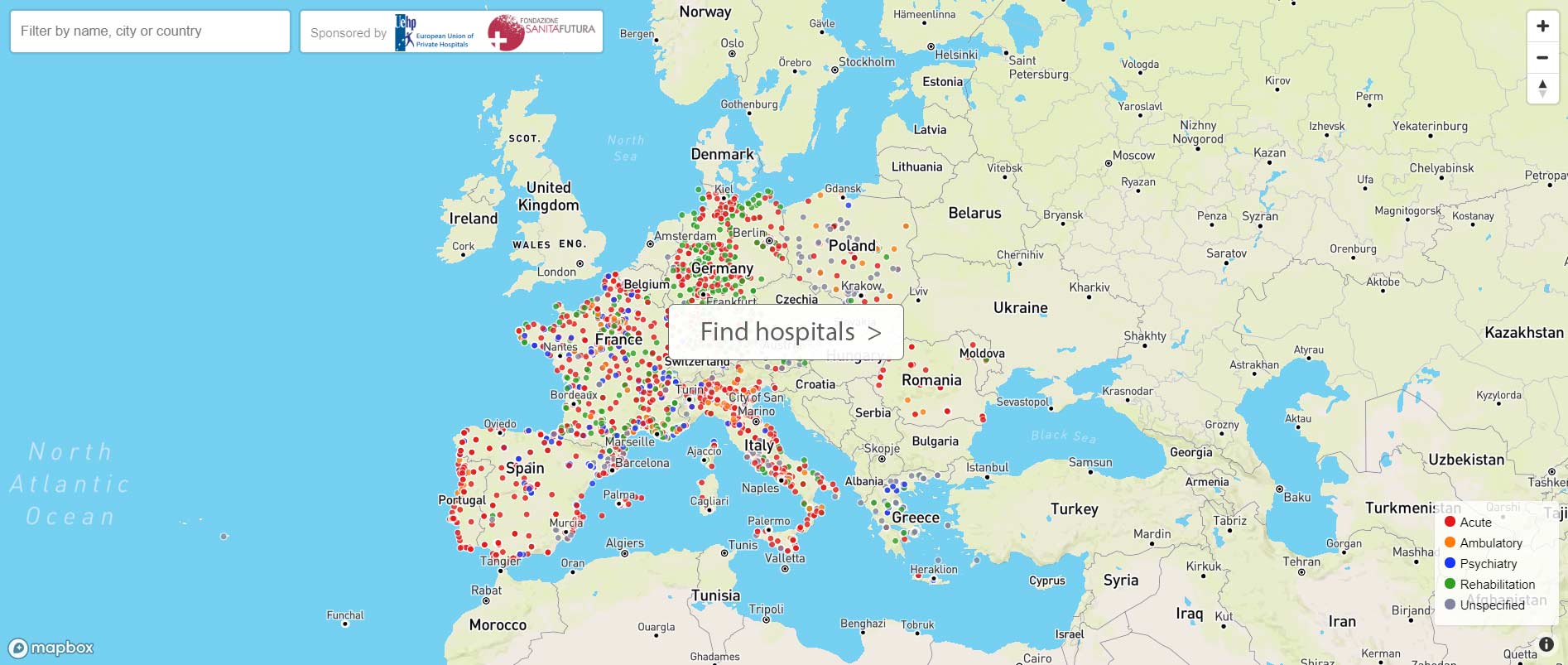Who are you and what do you do?
The most basic questions are the most complex: it is difficult to define oneself in a role, when our life is rich and articulated in multiple relational and professional dimensions.
My name is Barbara Cittadini and if I had to identify myself with the commitment to which I have most dedicated time and attention in the last years of my professional life, this is, incontrovertibly, the AIOP National Presidency.
I have the privilege – although it is the result of an electoral confrontation, to say the least, “sexist” – of being the first woman in the history of the Association to hold this office.
Leading the most representative Association of the private law structures of the Italian National Health Service is a responsibility which, if interpreted with dedication, passion, seriousness and tenacity, tends to be monopolizing. I have to say this, even if, while occupying almost all of my time, the Aiop Presidency has never diverted the attention I have towards the hospital structure I lead, whose history is consubstantial with my existence: the Casa di Cura Clinica Candela in Palermo.
My associative commitment is aimed at enhancing the fundamental function and decisive contribution of the private law component, challenging the stigma that penalizes the world of entrepreneurship in the Italian healthcare sector.
What does it mean to be a woman in your profession?
Probably being a woman has naturally prepared me to overcome cultural barriers and ideological prejudices, moving within rooms and relationships meant to be “male-oriented”
Entering these rooms means being, in many cases, the only woman there; it means, at times, being immersed in a language, in gestures, in thought patterns which are atavicically masculine; it means having a dialogue without adapting and without sacrificing one’s “feminine” but, on the contrary, trying to modify, integrate and, therefore, improve this dialogue.
To enrich it with a different sensibility.
Because I am convinced that women have a different vision, which has its roots in an articulated, complex and even painful process of historical-cultural evolution.
A process that is not yet complete, which sees women increasingly protagonists and less willing to sacrify the different perspective from which they analyze problems, together with the ambitions we want to foster and the dreams we want to achieve.
That’s why I prefer to speak of equal dignity in the differences between genders: I do not seek and do not wish to flatten women into models that are foreign to female’ feelings and actions.
How would you foster gender equality now and for the next generation?
I was born and raised with important female references; often, in my work, I had the privilege of finding women with whom I share strategies and objectives. The “pink wave”, as the growing female presence in the healthcare world is sometimes defined; it exists and it is concrete.
Looking only at NHS doctors the data show that, among those who are under45, 63.5% are women, unlike what is found in the older groups.
But if it is true that in healthcare there are dimensions (for example top management and coordination roles) where the presence of women is important, it is also true that in many other environments, starting from the hospital one, the fractures remain.
Let us think of how the nurse figure is – even on an imaginary level – female and how instead the head physician is often thought as a male: a fact that is notorious and also confirmed by numbers. Women are “imprisoned” in caring roles, both for cultural reasons and for the welfare system that has historically seemed incapable of offering any support to the gender which, physiologically, is more involved in motherhood.
It’s always difficult to look at yourself from the outside, but I hope personally, even before professionally, to be able to put my deepest convictions into practice in everyday life with respect to valuing the uniqueness of each human being.
What would you personally like to add?
The gender issue is not only a cultural and social issue, but it has a pragmatic nature that I don’t want to ignore.
It is due to the old controversy between “fairness” and “equality” and I have to say that although sometimes in Italy we have been careful to introduce obligatory quotas, these appear no more than a “cosmetic” operation. What we need is a real commitment to create infrastructures to support women and to promote, always and in every context, the culture of respect for a professional profile which is, ineluctably, the profile of a person that must, at the same time, respond to multiple existential roles (daughter, wife, mother). These are roles which, in the various stages of life, assume equally importance and delicate characteristics: the related physical and mental resources should not force you to give up the realization of your own professional dimension.
My commitment, as president of the Association, can only be to promote, among all our associates, a management that is sensitive to the issues we are talking about today, starting from corporate policies inspired by Gender Based Diversity Management.


